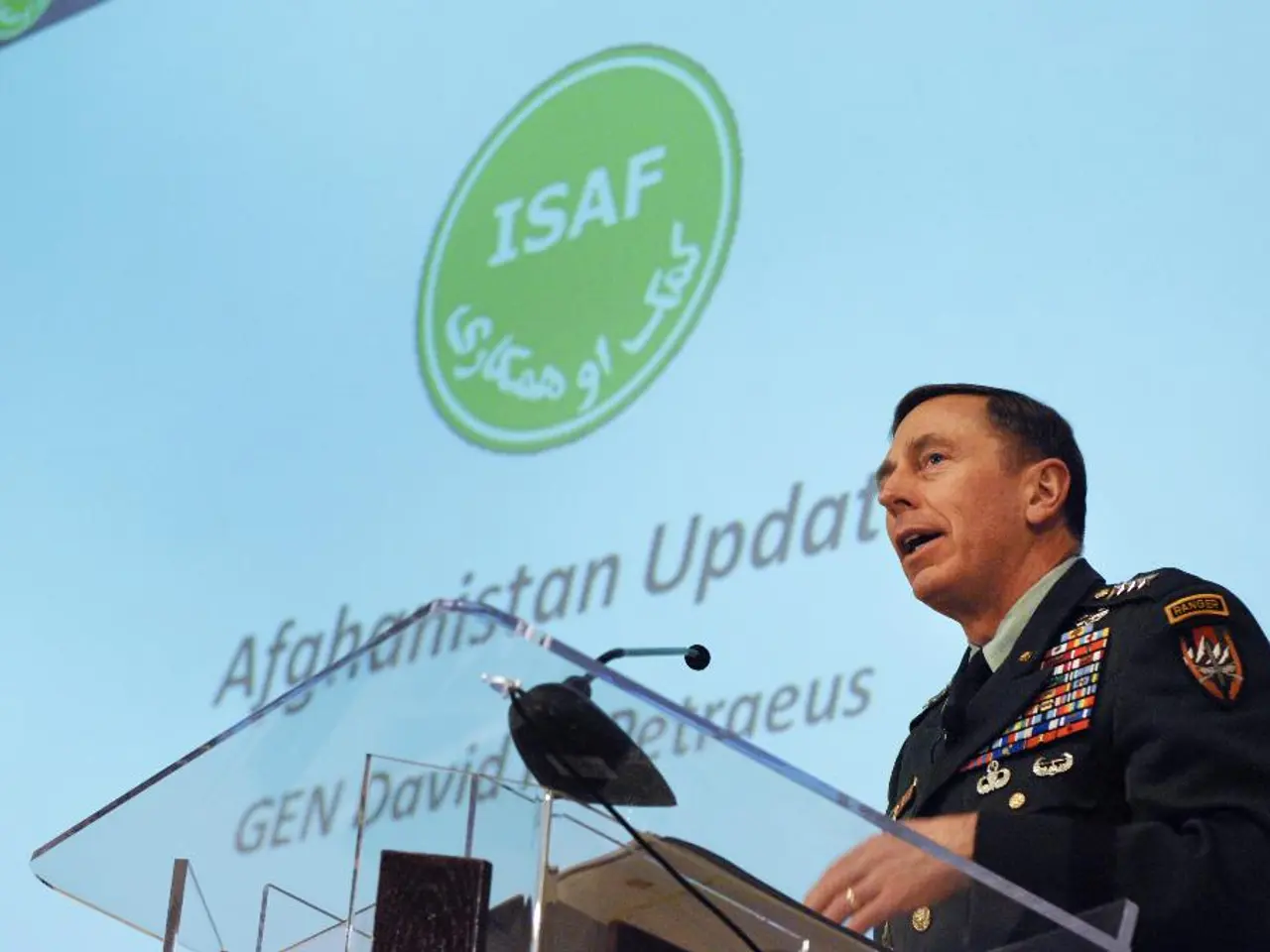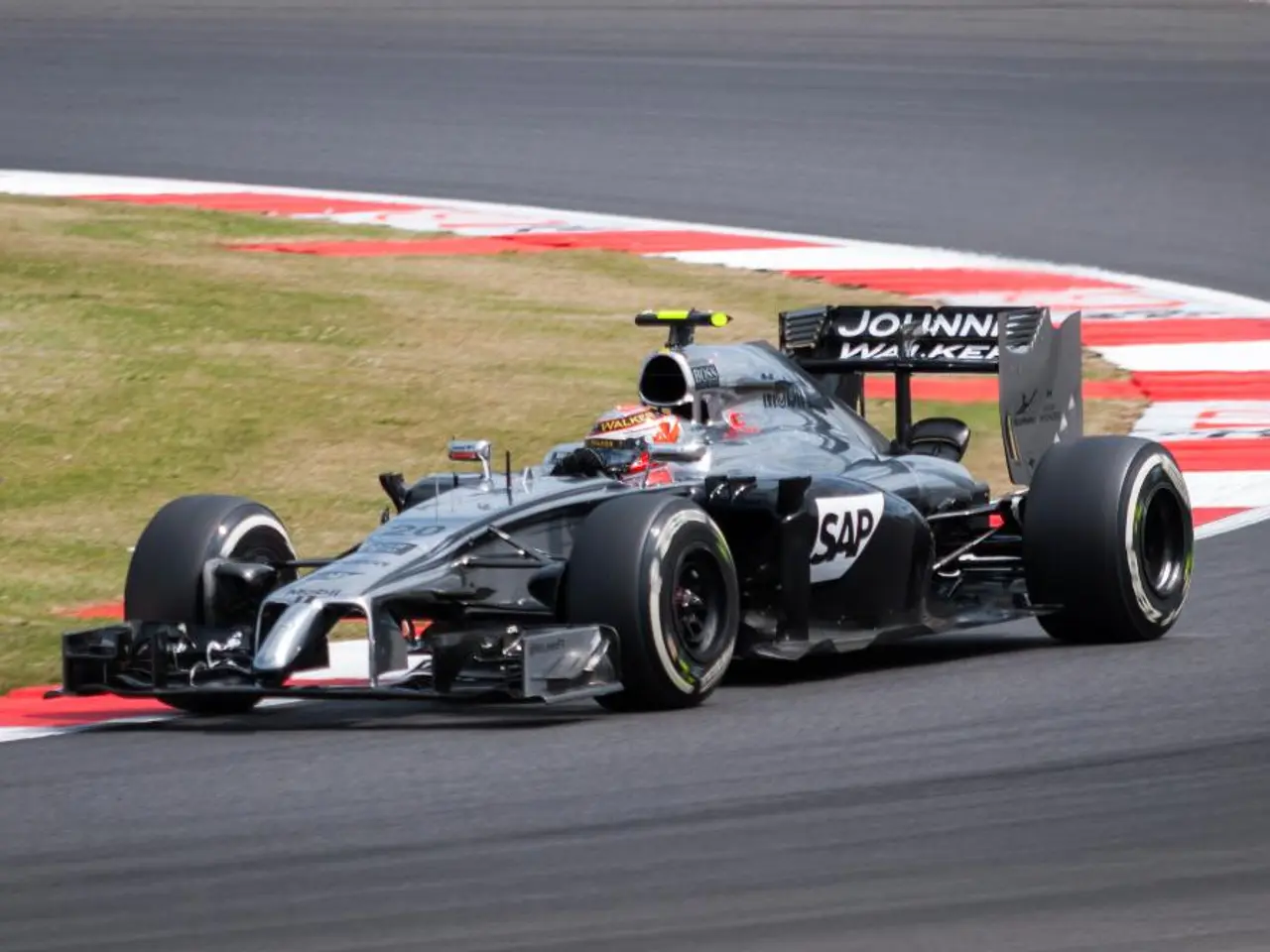Long-term objective of Kazakhstan as stated by Toqaev
Kazakhstan Aims to Become Eurasian Transit Hub by 2030
President Kassym-Jomart Tokayev of Kazakhstan recently participated in an informal meeting of the heads of Central Asian states on August 5, before the opening ceremony of the Third United Nations Conference on Landlocked Developing Countries. The conference, which took place in Turkmenistan, was themed "Voices of Landlocked Countries Should Be Louder," as stated by Tokayev.
During the meeting, Tokayev emphasized that geography does not dictate destiny and that land connectivity will be equally important. He noted that with political will, strategic investments, and international partnership, landlocked status can be a powerful driver of growth, not an obstacle. Central Asia, according to Tokayev, is transforming into a region of mutually beneficial interaction.
Kazakhstan is actively implementing its long-term goal of becoming a Eurasian transit hub through strategic infrastructure investments focused on integrating rail, road, aviation, and logistics centers, with special emphasis on the North-South and Middle Corridor routes. This effort is enhanced by close collaboration with Turkmenistan and other regional partners.
Infrastructure Development
Kazakhstan is modernizing and expanding its railways, road networks, aviation facilities, and Caspian Sea ports, notably the Port of Aktau. The aim is to reduce transit times and boost cargo capacity. This includes digital logistics platforms like the E-Freight system for efficiency.
North-South and Middle Corridor
Kazakhstan’s strategic location facilitates the International North–South Transport Corridor (INSTC), linking Central Asia to the Persian Gulf and beyond. Kazakhstan and Iran, key partners on the North-South Corridor, have pledged to strengthen cooperation and develop a five-year roadmap to enhance transit and multimodal connectivity via rail, road, maritime, and air routes.
Port of Aktau and Trans-Caspian Route
The Port of Aktau is being developed as a crucial logistics hub for the Trans-Caspian International Transport Route (Middle Corridor), which has seen container freight volumes grow rapidly in recent years. Projects include integrating terminals into a hub-to-hub digital network to improve cargo management across East-West and North-South corridors.
Partnership with Turkmenistan
Kazakhstan’s transport diplomacy with Turkmenistan supports regional integration for transit and trade. Both countries participate in multilateral agreements aimed at infrastructure coordination and expanding transport connectivity across Central Asia, strengthening Kazakhstan’s position as the primary Eurasian transit hub.
Government Support and Special Economic Zones
To attract global investment in logistics, Kazakhstan is establishing Special Economic Zones granting tax exemptions and infrastructure incentives, aiming for a $13.5 billion logistics market by 2032. These policies support large-scale projects connecting China, Central Asia, and Europe through Kazakhstan.
Digitalization and Innovation
Kazakhstan is investing in AI and supercomputing centers (e.g., AlemAi Center) to support modern transport management and make transit more efficient and sustainable.
Together, these efforts position Kazakhstan as a pivotal transit hub within Eurasia by 2030 and beyond, leveraging the North-South INSTC corridor and the Middle Corridor (Trans-Caspian Route), supported by active collaboration with Turkmenistan and regional partners to create integrated, multimodal transport networks.
- Kazakhstan's ambitious plan to become a Eurasian transit hub by 2030 includes the development of sports facilities, aiming to attract international events that can boost the region's multimodal connectivity and showcase the progress in its infrastructure.
- Recognizing the potential of sports as a powerful tool for regional integration, Kazakhstan is planning to host various sports tournaments along the North-South and Middle Corridor routes, fostering mutual understanding and cooperation among participating nations.






